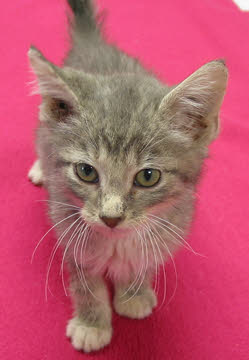gi lymphoma in cats vin
Craig Webb professor of Small Animal Internal Medicine at the James L. Aggressive chemotherapy 50 with some remission survival 3-10 months.

Diseases Of The Feline Nasal Planum Vet Focus
Incidence and Causes of Gastrointestinal Lymphoma in Cats.
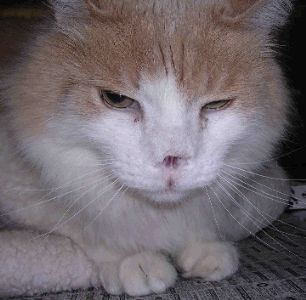
. It can also be found in the kidneys eyes central. Treatment of Intestinal Lymphoma in Cats. Lauren Mingus June 30 2021.
High-grade GI lymphoma specifically is an aggressive form of cancer in cats which is often wide spread at. Two years after their program began Dr. In general lymphoma is a cancer of a type of white blood cell called a lymphocyte.
When the mediastinal lymph nodes become infiltrated with lymphoma a mass is apparent in the mediastinum and a cancerous fluid fills the chest restricting breathing. It is perhaps one of the most common types of all cancer associated with cats. In general cats with leukaemia or mediastinal lymphoma tend to be young.
The reported incidence of FeLV antigenaemia ranges from 0-38. Lymphocytic aka small cell or low grade alimentary lymphoma most commonly occurs in the GI tract in cats. Gi lymphoma in cats vin Wednesday January 5 2022 Edit.
13 Although the GI form of the. It is common for dogs with lymphoma to have lymph nodes 3-to-10 times their normal size. Most cats with GI LSA test negative for FeLV.
Older studies suggested that the gastrointestinal location was less common than. Most cats are feline leukemia virus-negative and feline. The incidence of alimentary lymphoma between the pets with lymphosarcoma is around 7.
It is also the most common form of gastrointestinal neoplasia in cats. Lymphoma is the most common feline neoplasm and the most common gastrointestinal neoplasm. Unlike the dog feline gastric adenocarcinoma is rare and the stomach is the least commonly affected gastrointestinal site in the cat.
This term describes lymphoma that affects the gastrointestinal tract. Lymphoma in cats veterinary partner vin. Lymphoma accounts for one third of all cancers developed by cats.
Gastrointestinal lymphoma is a common cause of anorexia and weight loss in older cats with or without vomiting or diarrhea. Feline lymphoma presents in a multitude of anatomical forms with gastrointestinal GI lymphoma being the most frequent form of presentation. Alimentary lymphoma- It occurs in the gastrointestinal tract of dogs.
Lymphoma is the most common gastric tumor in the. Lymphoma is the most common feline neoplasm. Because lymphocytic inflammatory bowel disease IBD is a major differential.
It is also the most common cause of hypercalcemia in cats a condition. Veterinary Partner Vin Lymphoma In Cats Veterinary Partner Vin Full Article A Look At Chronic Pain In Cats Infiltrative. Aggressive chemotherapy survival is 3 months if.
Gastrointestinal lymphoma in cats is a form of alimentary cancer which occurs in the intestinal tract of a cat. Large cell GI lymphoma. This is by far the most common type of lymphoma in cats accounting for 50-70 of feline lymphoma cases.
Clinical signs of lymphoma in the gastrointestinal tract include weight loss vomiting diarrhea and often either a decreased or increased appetite. NAVC Conference Proceedings 2013. Lymphoma of the chest mediastinal lymphoma causes respiratory symptoms.
If your cat has neurological symptoms nervous system involvement you may notice changes in behavior.
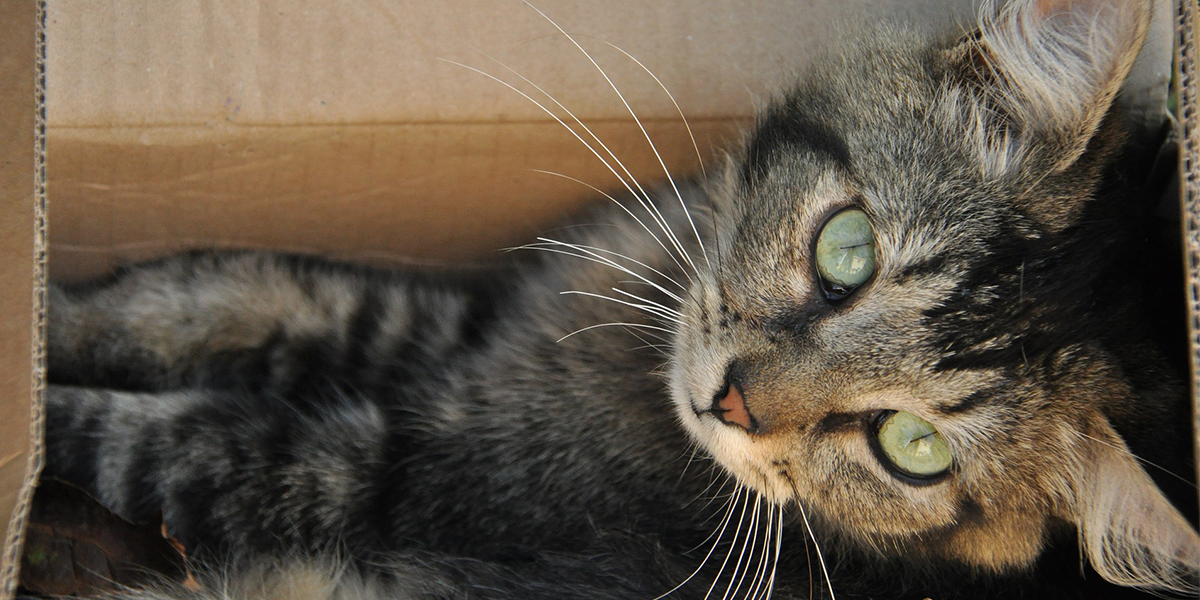
Pica In Cats International Cat Care

Learn About Nasal Cancer In Cats Petcure Oncology
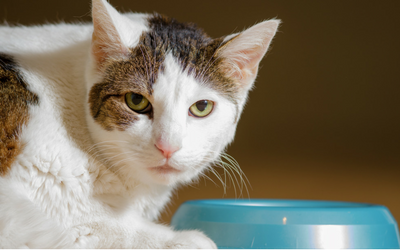
Anorexia In Cats Vca Animal Hospital
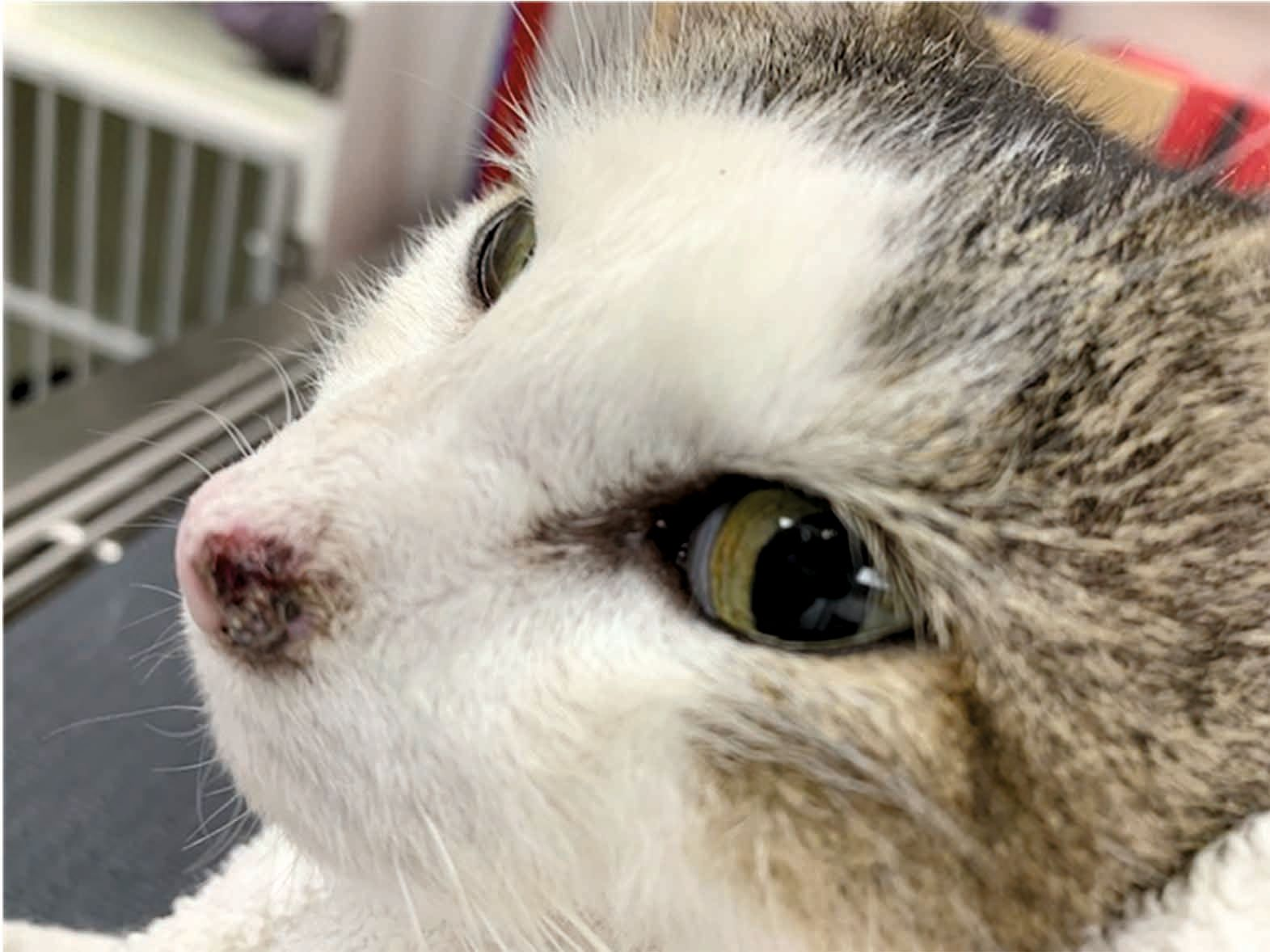
Diseases Of The Feline Nasal Planum Vet Focus

Vomiting With Bile In Cats Petmd

Lymphoma In Cats Veterinary Partner Vin

Intestinal Cancer Adenocarcinoma In Cats Petmd
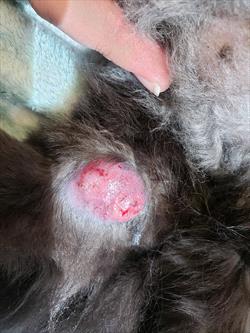
Cutaneous Lymphoma In Cats Veterinary Partner Vin
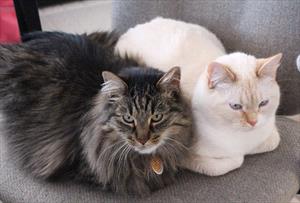
Infiltrative Bowel Disease In Cats Veterinary Partner Vin

Swallowing Difficulties In Cats Petmd
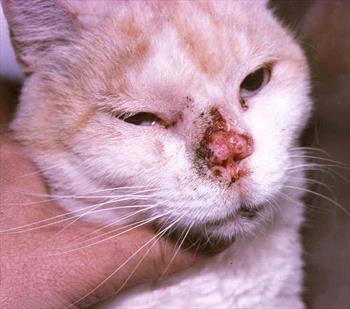
Nasal Squamous Cell Carcinoma In Cats Veterinary Partner Vin

Buy Blue Buffalo True Solutions Blissful Belly Digestive Care Chicken Flavor Premium Wet Cat Food 3oz In United States Cartnear Com Sensitive Stomach Cat Food Wet Cat Food Natural Cat Food

Protrusion Of Third Eyelid In Cats

Evaluation And Management Of The Hyperkalemic Patient Today S Veterinary Practice

Nasal Squamous Cell Carcinoma In Cats Veterinary Partner Vin
